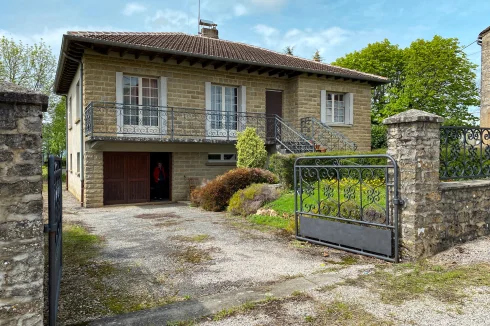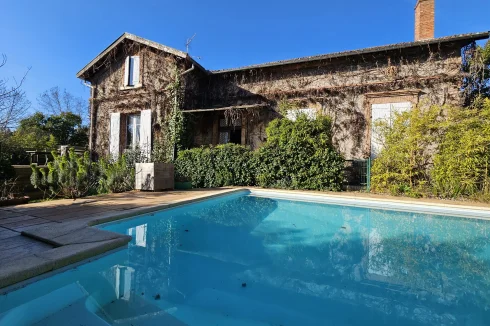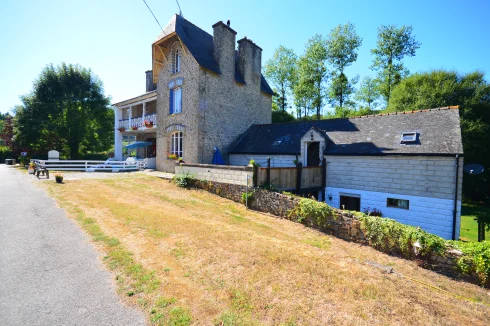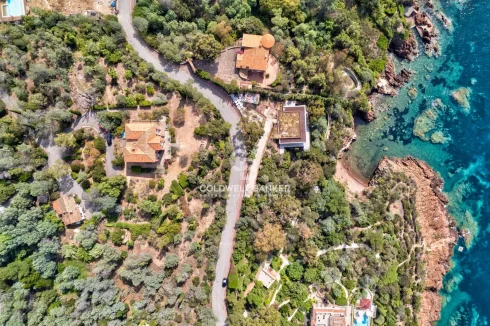Increased Charges for Doctors and Prescriptions
Tuesday 04 May 2010
Health charges are going up in France, with an increase in the consultation fee for GPs and a reduction in the level of reimbursement for some prescriptions.
GP Charges
With effect from January 2011, the charge for a medical consultation with your French doctor rises from €22 to €23.
The increased consultation fee is something the doctors have been demanding since 2007. Such as been their level of frustration over the issue that they recently resorted to legal action and sporadic industrial action around the country.This seems to have finally forced the hand of President Sarkozy who announced the increase earlier this month.
He may also have been persuaded to concede to their demands by a report that landed on his desk earlier this month (Mission Legmann) which gave an alarming picture on the shortage of local GPs in some parts of the country.
A recent OCED report also showed that the remuneration of French GPs was lower than many other countries of Europe, notably Germany and the UK.
The doctors made their claim on the basis that they should receive the same fee as a medical ‘specialist’. So a médecin généraliste now becomes a médecin spécialiste de médecine générale and is rewarded accordingly!
The increase will mean that the level of reimbursement from the French health system (l'assurance maladie) will go up from €14.40 to €15.10, leaving the patient and/or their 'top up' health insurer to pick up the bill for the remaining €7.90.
As your 'top-up' insurer is not entitled to reimburse the €1 participation forfaitaire introduced in 2009, this remains the direct responsibility of patients.
Prescription Charges
The government have also announced a reduction from 35% to 15% in the level of reimbursement for around 600 medicines.
The decision has been made on the basis that the effectiveness of the drugs is considered by the nominally 'independent' Haute Autorité de Santé (HAS) to be ‘weak or insufficient’.
Some of the drugs on the list are household names used for a range of routine ailments, such as Zovirax (cold sores), Artolec (anti-inflammatory), Azanatac and Taqamet (anti acids), Gaviscon (digestion), Proctolog (hermaroids).
You can see the complete list on the official government decree.
The government has agreed that the existing rate of reimbursement of 35% should apply for a further three months, whilst existing stocks of the medicines are reduced.
Prescription drugs in France have different rates of reimbursement, depending on what the HAS considers to be their level of efficacy.
In a limited number of cases they are reimbursed at the rate of 100%, with the remainder at the rate of 65%, 35% or 15%. The different rates of reimbursement are shown on the colour of the label on the prescription container, as follows:
| 15% | Orange |
| 35% | Blue |
| 65% | White |
| 100% | Barred white |
In addition to the 15% reimbursement by l'assurance maladie, if you have a 'top-up' health insurance policy, you will also receive an additional refund. Depending on the terms of the policy, you may receive all or some of the balance, although with such a low level of reimbursement of 15% by the health system, it would be unusual for an insurer to meet the balance in full.
Indeed, the federation of mutual insurers Mutualité française, has recommended its members not to reimburse those drugs with a rate of reimbursement of 15%, on the basis that if the government does not consider them to be effective, then they should not receive any reimbursement at all.
It will be a matter for the individual insurers, and the terms of your 'top-up' health insurance policy, whether that is applied to you.
This latest reduction follows a decision in 2008 to remove from the list of reimbursable medicines those branded drugs on the market where an equally effective generic substitute was considered to be available.
Branded drugs cost the French taxpayer a lot more than generic drugs, so where a suitable generic alternative exists, they are being delisted.
In December 2008, around 200 medicines were completely removed from the list of prescription medicines. These medicines no longer receive any reimbursement at all, but are now available over the counter at chemists.
Top Up Health Insurance
As the general level of reimbursement of medical costs in France is only 70%, most people take out complementary ‘top-up’ insurance.
With the huge level of debt burdening the French Exchequer (the health system itself is running a deficit of €10 billion), the government are clearly seeking ways of pushing more costs onto patients and their insurers, and it is likely that in the coming years, top-up health insurance in France is going to have to take a greater share of the costs. We considered this issue in our Newsletter article 'Does Top Up Health Insurance Make Sense?'
The health insurers are also being hit with tax increases by the government, as it is politically easier to tax them rather than impose direct increases on patients and individual taxpayers through an increase in social security contributions.
Thus, last year the government increased from 2.5% to 5.9% the tax they impose on the turnover of the health insurers, which is used as a contribution to financing the health service, notably the Couverture Maladie Universelle Complémentaire (CMUC). As a result, this health fund for those on low incomes is now almost 100% funded via the health insurers, and indirectly by its policy holders.
Thank you for showing an interest in our News section.
Our News section is no longer being published although our catalogue of articles remains in place.
If you found our News useful, please have a look at France Insider, our subscription based News service with in-depth analysis, or our authoritative Guides to France.
If you require advice and assistance with the purchase of French property and moving to France, then take a look at the France Insider Property Clinic.





